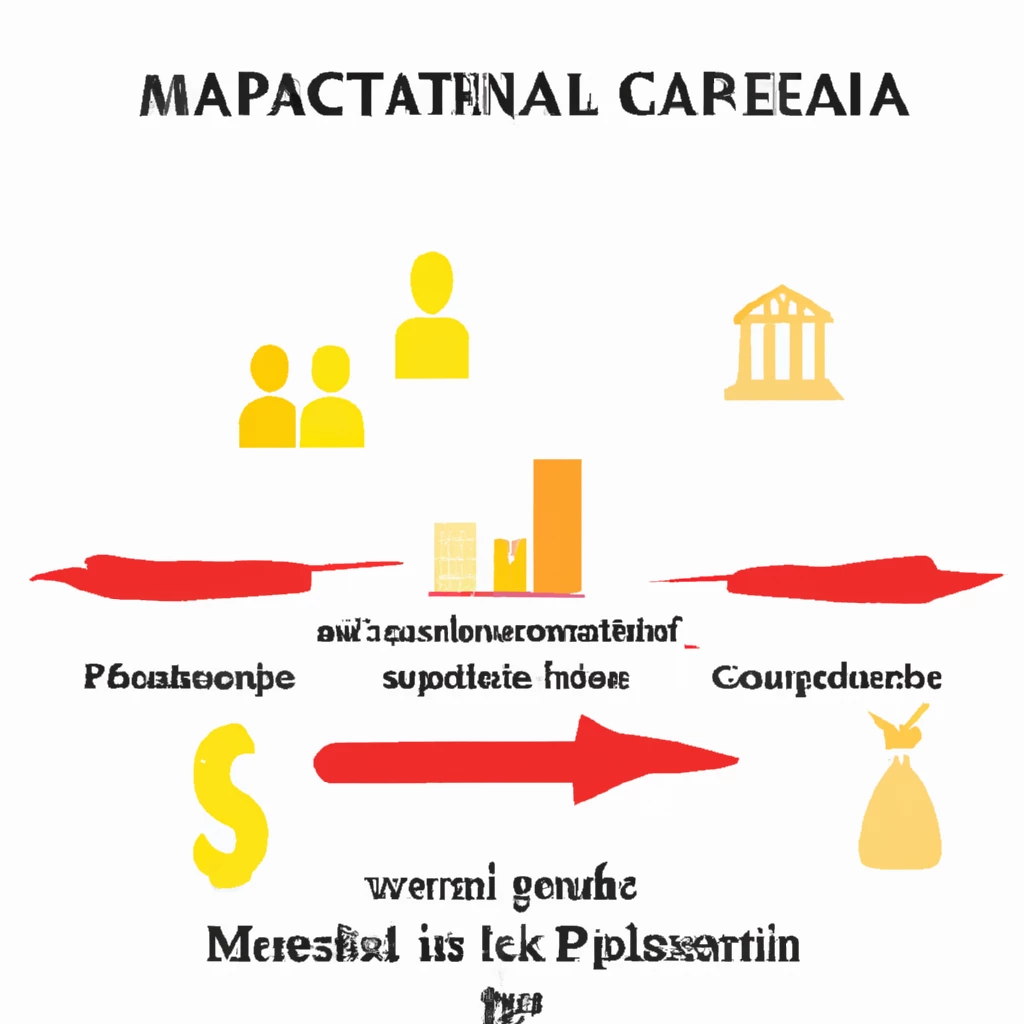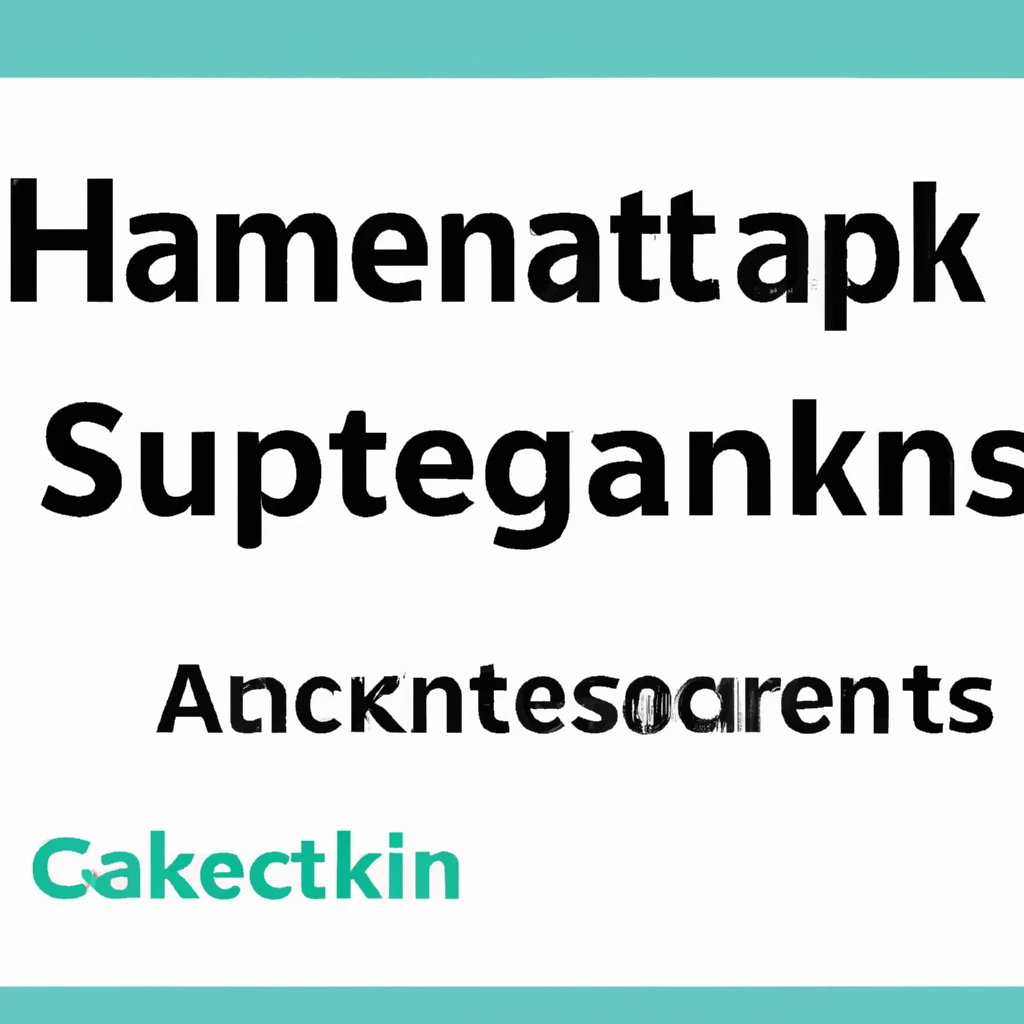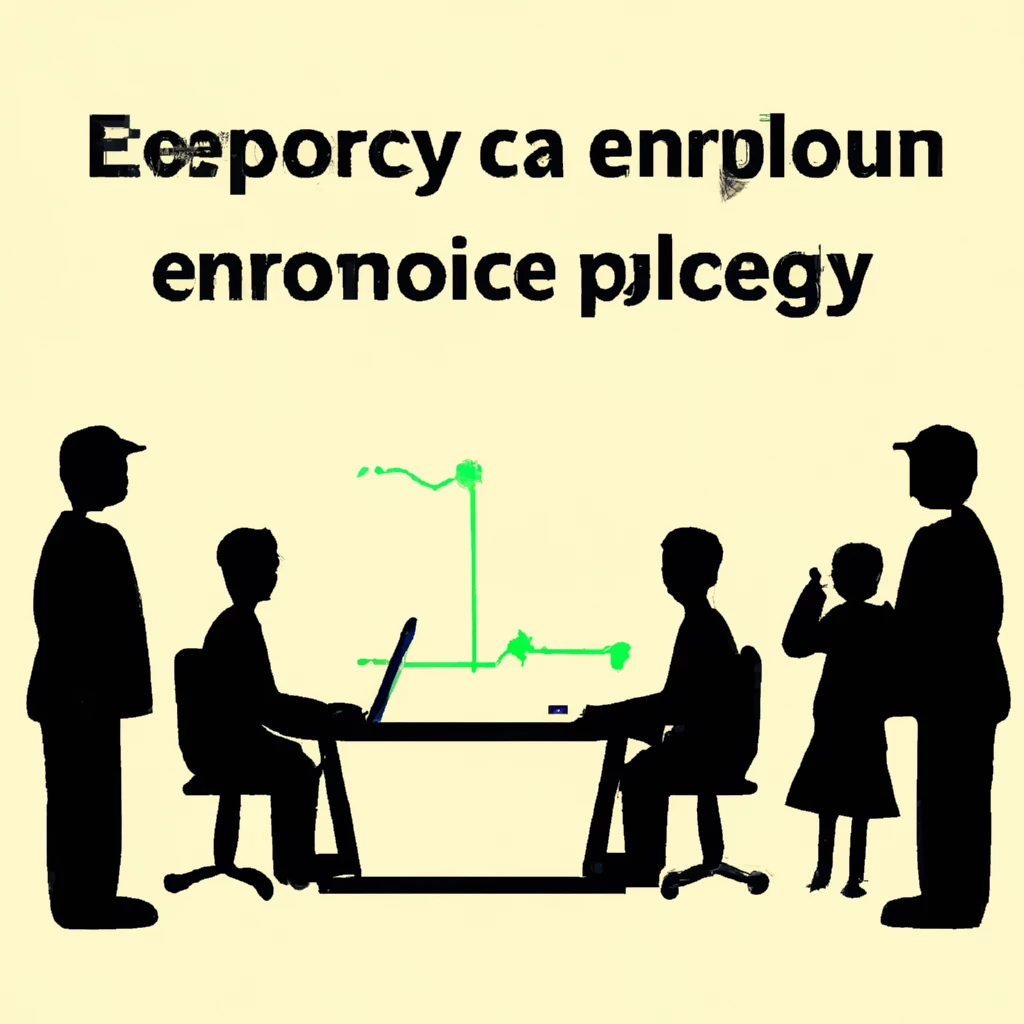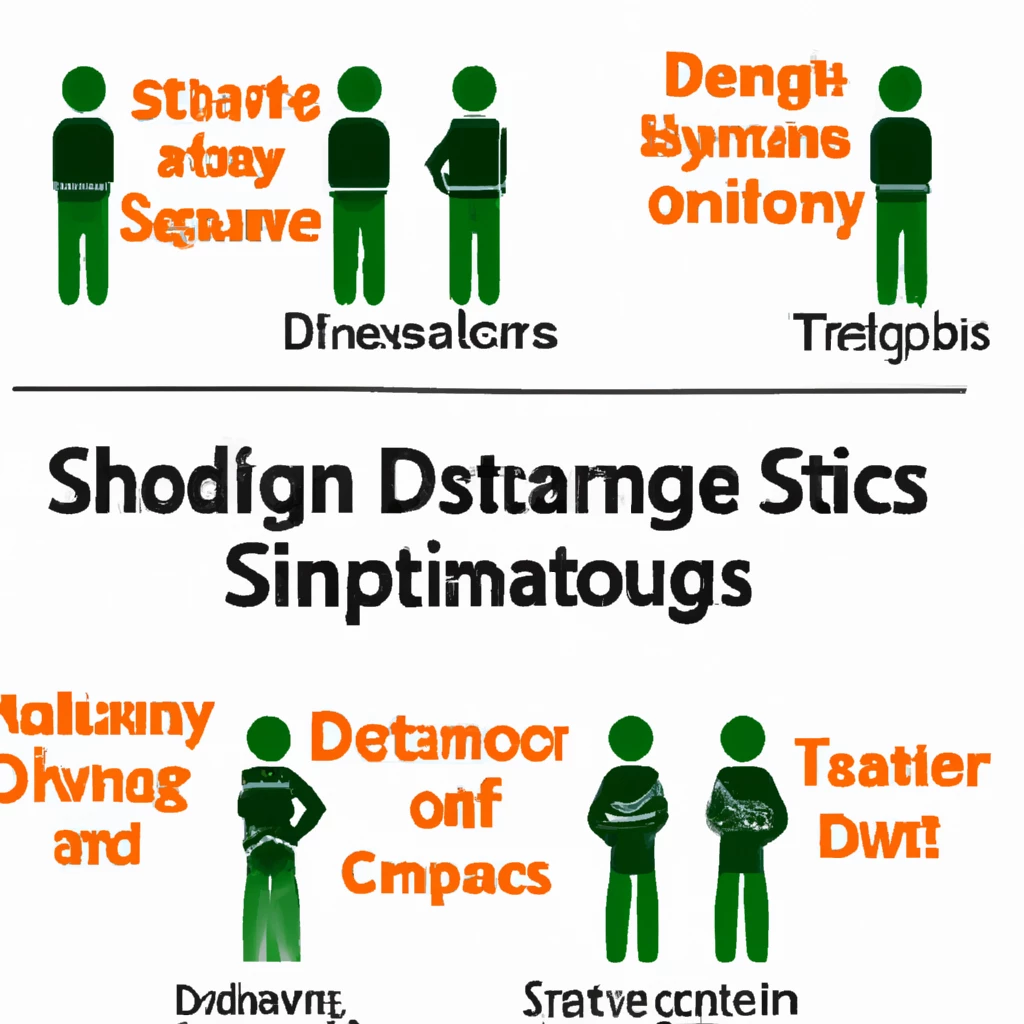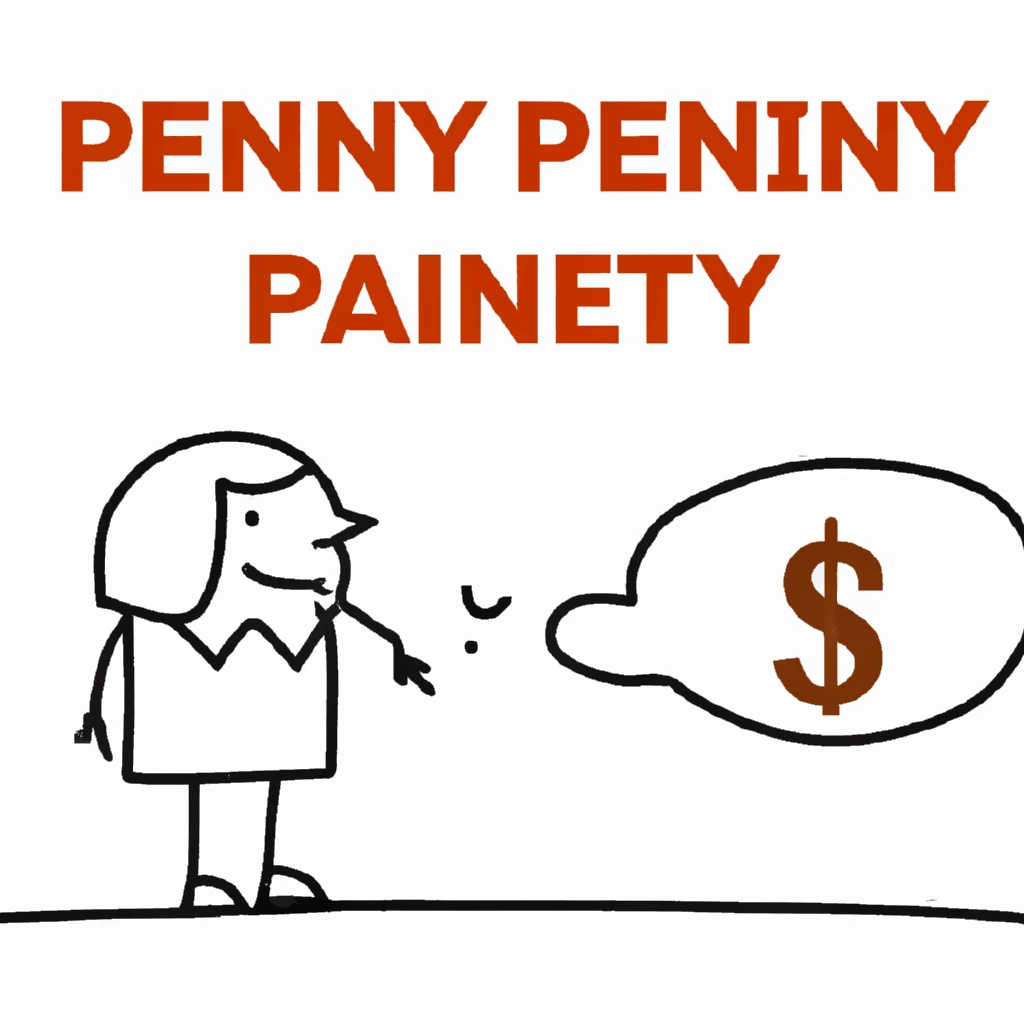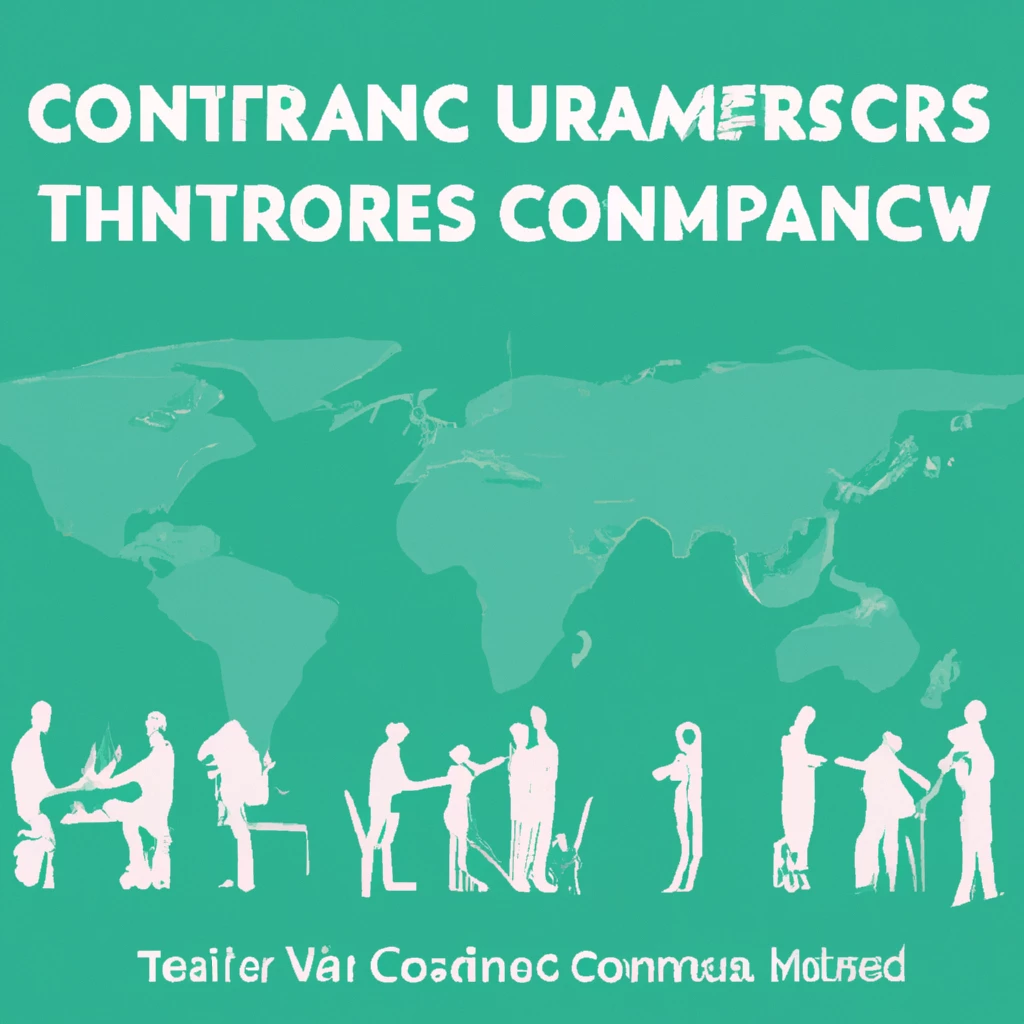
Understanding Futures Contracts
A futures contract is a legally binding agreement to exchange a specific commodity, asset, or security at a predetermined price on a specified future date. These contracts are standardized on futures exchanges for ease of trade. The buyer commits to buying and receiving the asset, while the seller commits to providing and delivering it at maturity.
Key Takeaways
- Futures contracts are financial derivatives where a buyer agrees to purchase or a seller agrees to sell an underlying asset at a set price and date in the future.
- Investors can use futures to speculate on various instruments, either long or short, using leverage.
- Futures are commonly used for hedging against price fluctuations of the underlying asset.
- There are futures contracts available for a wide range of commodities, including grains, energy, currencies, and securities.
- Regulation of futures contracts in the US falls under the oversight of the Commodity Futures Trading Commission (CFTC).
Investopedia / Joules Garcia
Understanding Futures Contracts
Futures contracts are financial agreements that require parties to transact an asset at a preset future date and price. The buyer must purchase or the seller must sell the asset at the agreed price, irrespective of the current market value at contract maturity. Such contracts involve physical commodities or financial instruments and contain specifications on the quantity of the asset to facilitate trading. They serve purposes of hedging and speculation.
The terms “futures contract” and “futures” are often used interchangeably. For example, an investment in oil futures is equivalent to an oil futures contract. The specificity of a future – like oil, gold, or a market index future – may be described when referring to a “futures contract.” This distinction is crucial while trading. Unlike futures, forward contracts are individually customized, traded over-the-counter, and vary in terms based on the parties involved.
Application of Futures Contracts
Market participants utilize futures contracts primarily for hedging or speculation.
Hedgers
Hedgers, including producers and purchasers, secure prices for their commodities through futures contracts to safeguard against market price variations.
For instance, an oil producer can fix the selling price by entering into a futures contract and later delivering the oil at the agreed price. Similarly, manufacturing companies use futures for planning material costs.
Speculators
Speculators capitalize on predictable price movements in commodities through futures trading, even without direct interest in the assets. They make bets on future prices, taking advantage of market fluctuations.
For example, a trader might purchase grain futures anticipating an increase in grain prices before the contract expires, influenced by factors like weather conditions.
Types of Futures Contracts
Futures contracts encompass various commodities and assets, with popular types being:
- Agricultural Futures: Includes grains, fibers, livestock, and more.
- Energy Futures: Involves common fuels like crude oil and natural gas.
- Metal Futures: Focuses on industrial metals such as gold and copper.
- Currency Futures: Reflects changes in national currency exchange rates.
- Financial Futures: Trading in securities or indexes like S&P 500 and bonds.
Futures Contract vs. Forward Contract
Futures and forwards contracts share similarities as agreements for future asset delivery, but they differ in that futures are exchange-traded with standardized terms. Forwards are privately negotiated agreements with customizable terms agreed upon by the parties involved.
Mechanics of a Futures Contract
A futures contract enables parties to lock in future asset prices, shielding against price volatility. The pricing model accounts for current spot prices, interest rates, and other factors to establish a fixed price for the transaction.
The futures market is supervised by the Commodity Futures Trading Commission (CFTC) to ensure fair pricing and prevent illegal trading activities.
Trading Futures Contracts
Traders engage in futures for profit without physically handling the assets. Buying futures allows leverage and potential profits from price changes.
Futures trading entails closing positions before contract expiration. Profits or losses fluctuate with price changes, and traders may need to provide additional margin if losses surpass a certain threshold.
Why Is It Called a Futures Contract?
It is named “futures contract” because it involves an agreement to transact an asset at a future date based on today’s price.
Are Futures and Forwards the Same Thing?
While futures and forwards serve similar roles, futures are exchange-traded with set terms, in contrast to forwards which are customizable private agreements.
What Happens If a Futures Contract Is Held Until It Expires?
Unsettled futures contracts at expiration necessitate asset delivery or settlement, with values settled in cash or, rarely, through physical delivery.
Who Uses Futures Contracts?
Market participants employ futures for various purposes, including hedging, speculation, and arbitrage.
How Can I Trade Futures?
Trading futures requires approval from a broker and a margin account, and is commonly done on regulated exchanges such as CME or ICE Futures U.S.
The Bottom Line
Futures contracts play a vital role in facilitating market operations, allowing participants to manage uncertainties and plan ahead. Understanding the dynamics of futures trading is key to leveraging the opportunities they offer.
